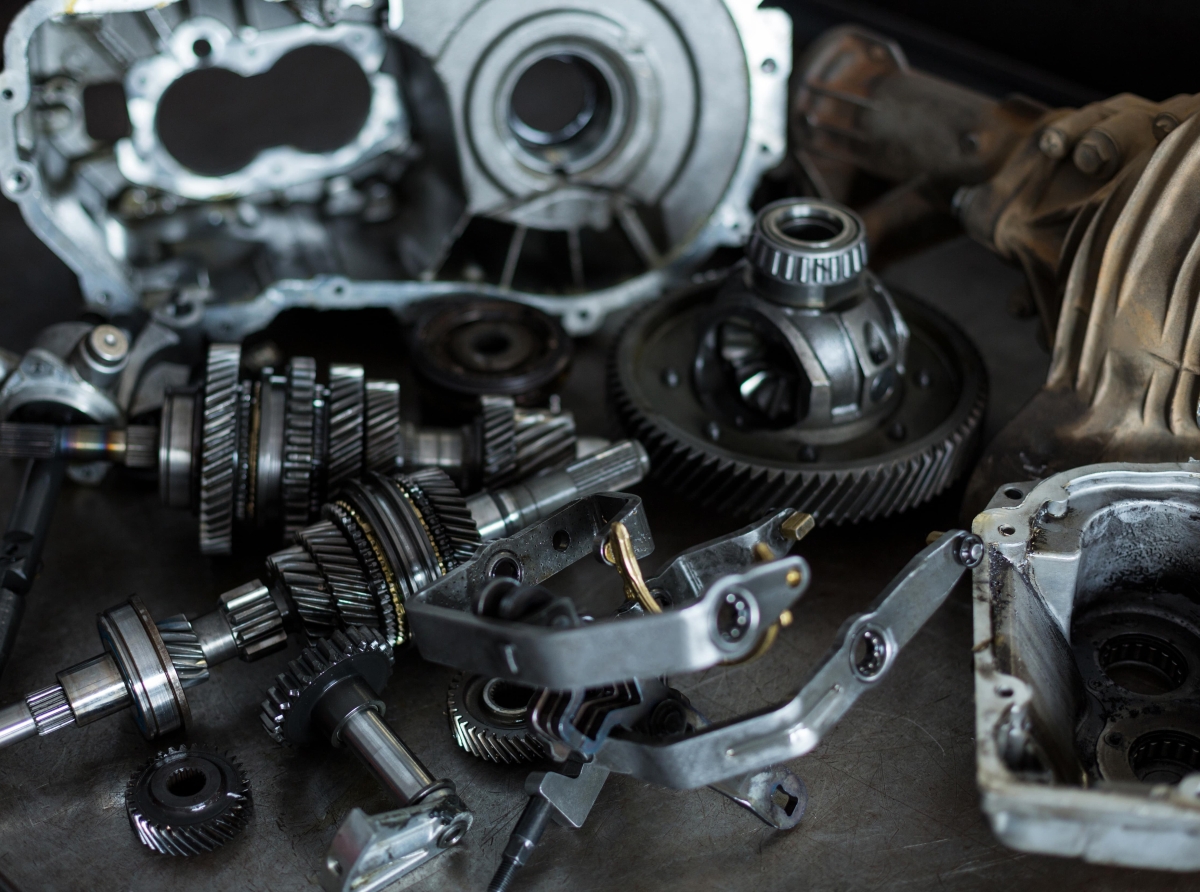Ensuring Vehicle Usage Availability of Essential Parts

To what extent are car dealerships required to ensure the availability of essential parts for vehicle usage? This issue was clarified in a recent decision by the Quebec Court in September 2024.
An automobile owner filed a claim for $14,903.50 against her car dealership, alleging a five-month delay in the delivery of a radiator support, a critical component for the repair and operation of her vehicle. She argued that this delay caused her financial harm, necessitating the rental of another vehicle during the part’s unavailability. She claimed that her damages stemmed from the dealership’s failure to fulfill its obligation to ensure the availability of essential parts for the repair and operation of the vehicles it sells.
The dealership contested the claim, arguing that the part in question did not fall within the scope of its warranty since it was not required for the regular maintenance of its vehicles. It also argued that the delivery delay was caused by a supply chain disruption resulting from the COVID-19 pandemic, an event it claimed qualified as force majeure, absolving it of liability.
Legal Framework: Section 39 of the Consumer Protection Act
The court partially granted the automobile owner’s claim, awarding her $4,308.45, comprising $2,090.00 for vehicle rental costs, $218.45 for a replacement battery, and a discretionary amount of $2,000.00 in damages. The court found that the dealership violated its legal obligation under Section 39 of the Consumer Protection Act (LPC). Specifically, the court deemed the vehicle’s radiator support to be an essential part necessary for its operation, warranting its prompt availability, particularly for a recently marketed model.
Furthermore, while the dealership cited the pandemic as a case of force majeure, the court ruled that it failed to demonstrate that the delays were due to an unforeseeable and irresistible event. Instead, the court attributed the unavailability of the part solely to the dealership’s negligence in inventory planning.
Key Takeaway
In conclusion, this case reaffirms the obligation of car dealerships to ensure the prompt availability of essential parts for the vehicles they sell, especially for recent models. In cases of non-compliance, consumers can rely on the LPC to claim compensation from their dealership for damages incurred.
Without tangible evidence that a force majeure event caused the prolonged unavailability of an essential part for the consumer’s vehicle, dealerships will not be exempted from their obligations.


 En
En  Fr
Fr 





